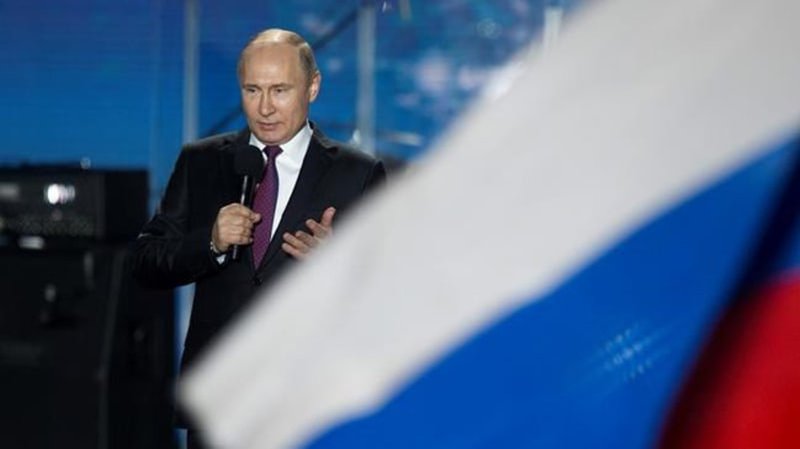
Report: Hard to prove Russian influence on UK referendum
LONDON — A long-awaited report into Russian influence in British politics says it would be “difficult — if not impossible — to prove” allegations that Russia sought to influence the 2016 Brexit referendum, but “the Government was slow to recognize the existence of the threat.”
The report from parliamentary Intelligence and Security Committee said it was “astonishing” that no one sought to protect the 2016 EU referendum from Russian interference, and that British officials should have recognized the Russian threat back in 2014. The authors said there had been no assessment of Russian influence.
“What is clear is that the government was slow to recognise the existence of the threat — only understanding it after the ‘hack and leak’ operation against the Democratic National Committee, when it should have been seen as early as 2014,” the report said.
“As a result, the Government did not take action to protect the UK’s process in 2016.”
